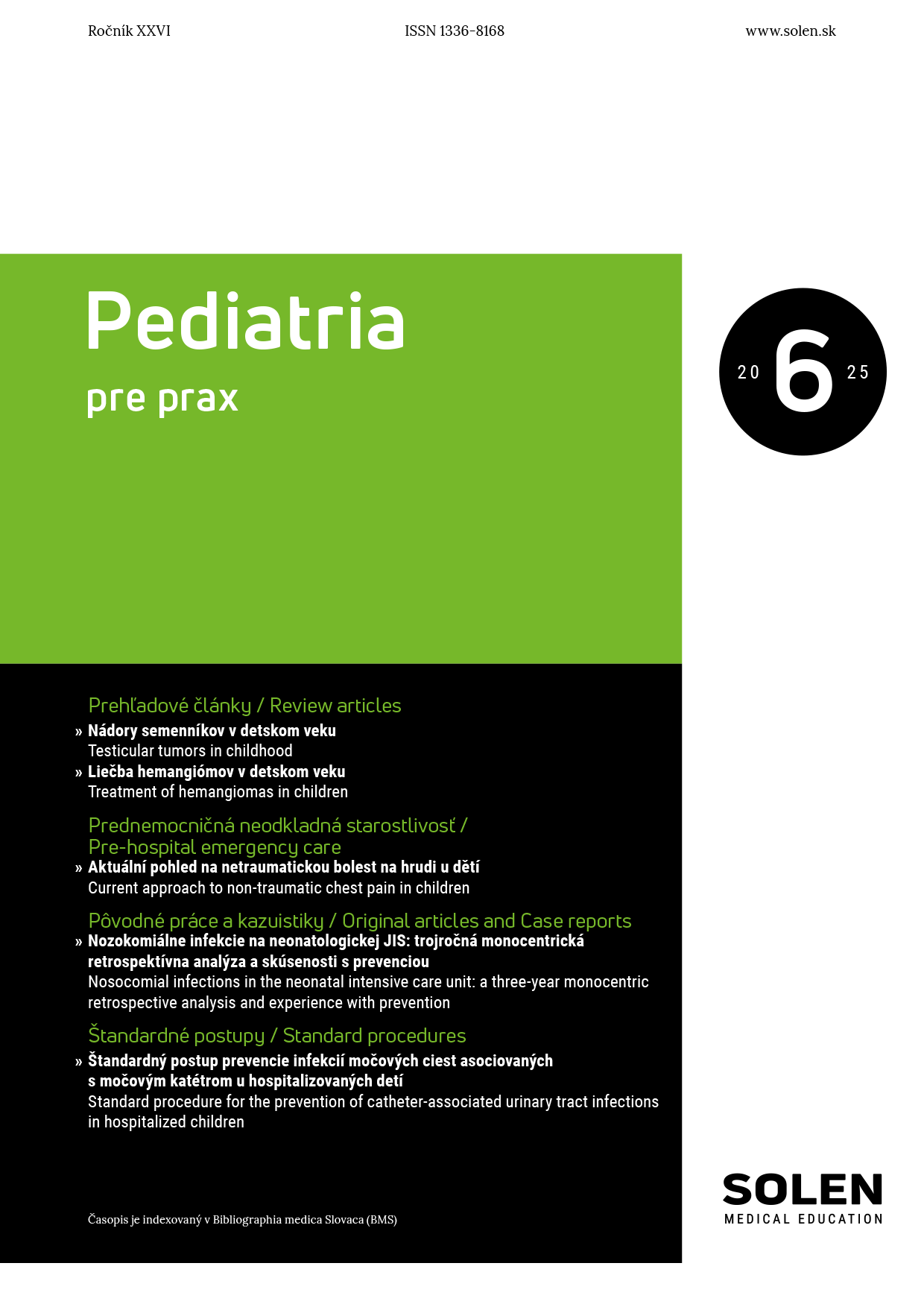Anestéziológia a intenzívna medicína 1/2022
Therapeutic possibilities of hydrogen in selected pathological conditions in critically ill patients
Hydrogen is a colorless, light gas, tasteless and odorless. It forms compounds with all the elements of the periodic table except noble gases. Hydrogen compounds with carbon, oxygen, sulfur and nitrogen form the basic building blocks of organic molecules. Hydrogen gas occurs in the diatomic molecule H2. Experimental preclinical experience points to the potential benefit of inhaled hydrogen in the treatment of various critical diseases such as myocardial infarction, post-resuscitation syndrome, acute renal injury, or hemorrhagic shock. Hydrogen has a proven antioxidant effect, which consists in reactions with reactive oxygen species. It affects the control of inflammatory processes, cell signaling, gene expression as well as cell apoptosis. The effect of treatment by adding hydrogen to the gas mixture in the ventilator‘s breathing circuit has been studied in several preclinical and clinical studies with promising results and represents an interesting treatment option for critically ill patients.
Keywords: antioxidant, experimental experience, treatment, critically ill, hydrogen

















